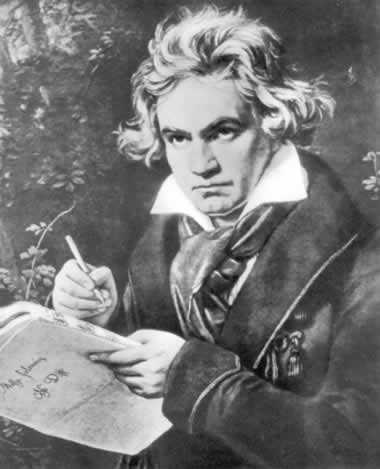I found this interesting site from Beethoven's Conversation Books.

"I am Bacchus [Jacob] incarnate..."
(Luis Van Beethoven).
http://www.testimonios-de-un-discipu...hus-Jacob.html
According to Nietzsche , the distinction is between Appollo and Dionysius, that is the contrast between order and restraint and reason on the one hand and unbridled passion and licence on the other.
Bacchus has got nothing to do with Apollo and has everything to do with Dionysius. I would say that Beethoven certainly struggled to express a new way of being through reshaping musical forms, so its no really accurate to say he was one or the other, he was really a fusion.
Haydn is certainly an Apollo like composer, Beethoven's problem is that he could never rid himself of a love for the Revolution, which of course is all about wild passions that inevitably end in one form of death or another.
The Classic book on this is E. Michael Jones' , Libido Dominandi.
.

"I am Bacchus [Jacob] incarnate..."
(Luis Van Beethoven).
http://www.testimonios-de-un-discipu...hus-Jacob.html
According to Nietzsche , the distinction is between Appollo and Dionysius, that is the contrast between order and restraint and reason on the one hand and unbridled passion and licence on the other.
Bacchus has got nothing to do with Apollo and has everything to do with Dionysius. I would say that Beethoven certainly struggled to express a new way of being through reshaping musical forms, so its no really accurate to say he was one or the other, he was really a fusion.
Haydn is certainly an Apollo like composer, Beethoven's problem is that he could never rid himself of a love for the Revolution, which of course is all about wild passions that inevitably end in one form of death or another.
The Classic book on this is E. Michael Jones' , Libido Dominandi.
.

Comment